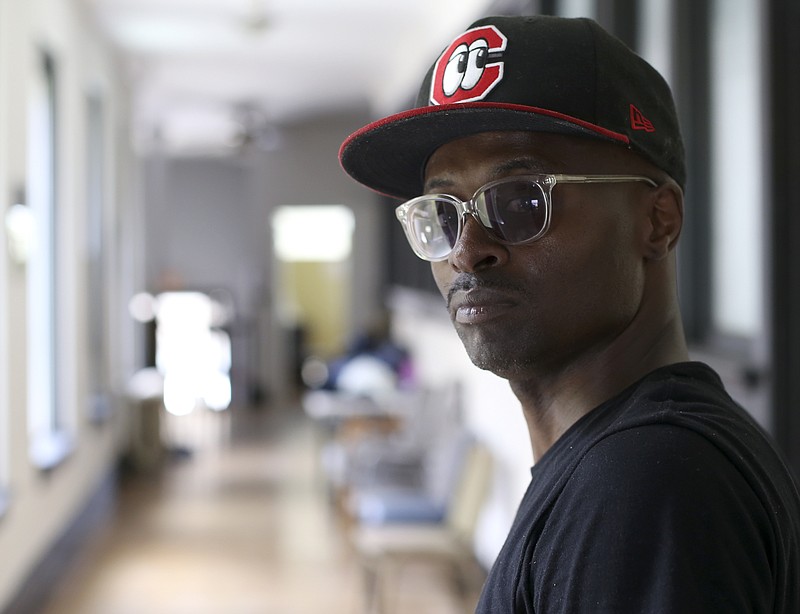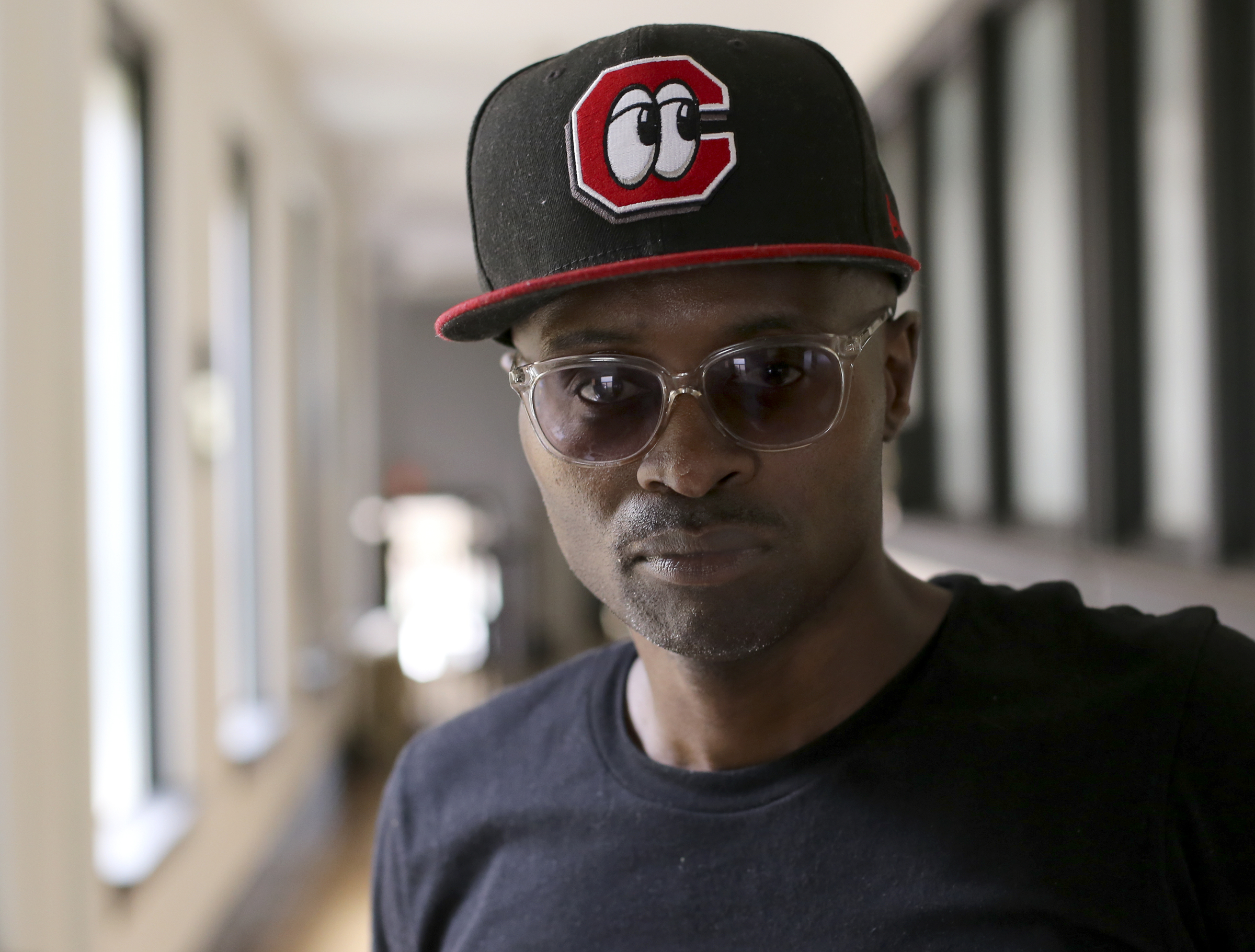A church known for social justice and feeding the hungry almost permanently shut its doors after a legal dispute with an occupant.
Mercy Junction Justice and Peace Center, which is on the National Register of Historic Places, closed for four months and lost more than half of its funding. Director Beth Foster thought the church had come to its end.
The St. Andrews Center board voted to show the building to other people. And the Mercy Junction Justice and Peace Center Council discussed giving the building back to St. Andrews.
But a couple of supporters wouldn't let it die.
Terry Davis, co-director, gave the building a fresh coat of paint and made some repairs. Other volunteers swept the floors and cleaned rooms. Mercy Junction Council Elder Joan Flores kept telling Foster that she could continue.
If you go
› What: Mercy Junction Justice and Peace Center celebrates its grand re-opening› When: 4 to 9 p.m. Sept. 16› Where: 1918 Union Ave.› For more information: www.facebook.com/MercyJunction/
Nearly two dozen groups, including an animal rescue office, bands and visual artists, signed lease agreements with the church after the incident. Their support provides some church income.
"It was the force of their will that pushed it forward," says Foster, adding that she had given up and was planning to move back to Kentucky.
The church, located at 1918 Union Ave., celebrates its grand reopening from 4 to 9 p.m. Saturday. The gala includes free vegan food, music, art and a new free store with a food pantry for people and animals.
Bands leasing space in the building will perform, and other leaseholders will discuss the services they offer.
"We want to let people know we're really back," says Davis, who seeks to provide after-school programming for youth in the building.
The Rev. Alaina Cobb, the new pastor of Mercy Junction, will rededicate the building. The founding director of the interfaith ministry, Brian Merritt, resigned this summer.
Despite the legal entanglements with the former occupant, Foster refuses to hire formal security or write guidelines excluding anyone from Mercy Junction because she wants nothing to hinder hospitality.
The congregation includes three core principals other than hospitality. They are social justice, equality and peacemaking, says Foster.
She plans to ask more questions of leaseholders to make sure no occupant threatens anyone's safety.
"Making the space safe for everybody means doing a little extra work up front to make sure the people who are coming in are people who respect the values and principles we hold and that they're committed to keeping it a safe space," she says. " So we're probably going to be digging deeper before bringing people in."
The building closed in May after occupants Ryan Holmes and Tyler Short leading an organization called "Church of Urth" allegedly started posting messages calling Mercy Junction leaders demons. Mercy Junction officials also accused the men of vandalizing the building and turning away other guests.
Mercy Junction tried to refund their money for May and asked them to leave that month, but they refused. Because they leased the space, Mercy Junction had to get a court order to evict them in June.
Mercy Junction stopped hospitality hours until it could assure the safety of visitors. By then Mercy Junction had hardly any funding. The Presbyterian Church funded the ministry from its inception in 2012 until the end of 2016. And from then, the church funded itself by leasing space. But when the Church of Urth came, other leaseholders left.
The Church of Urth responded to Mercy Junction's accusations by email, denying their validity.
"I no longer consider Chattanooga a viable option for starting something new and so have closed the chapter in my life to pursue real change somewhere else," said the unidentified writer.
Before everything fell apart, the Mercy Junction budget was about $10,000 a month and Mercy Junction paid four staff members and had regular programming. Now the budget is at $4,000 a month. That's without making any repairs on the building and not paying the two remaining staff members a livable wage. The electric bill alone is about $2,000, says Foster.
During the summer, the Mercy Junction staff lost salary, pension, insurance and all benefits, says Foster.
"Just trying to exist has been hard," she says.
Mercy Junction has still been helping people.
It collected donations for a family of Hurricane Harvey evacuees, a Texas family including children ages 1 and 7. The family previously stayed in a hotel, but their money had been stolen. Mercy Junction collected donations to get them in temporary housing.
The church is also housing pets from Hurricane Harvey and expects pets and people from Florida this week.
The church resumes regular hospitality hours from 2 to 6 p.m. Tuesday, Wednesday and Thursday.
Mercy Junction offers a free store, not merely charity but a means of supplying needs and allowing people to give what they no longer need.
"We're not doing charity work," says Foster. "It's mutual aid. All of us need help and can help each other."
The church serves only vegetarian food. And it feeds everybody. Some people don't come because they think the food is only for poor people. But it's for everybody. The church even keeps dog and cat food to feed animals, says Foster.
Contact Yolanda Putman at yputman@timesfreepress.com 423-757-6431.

